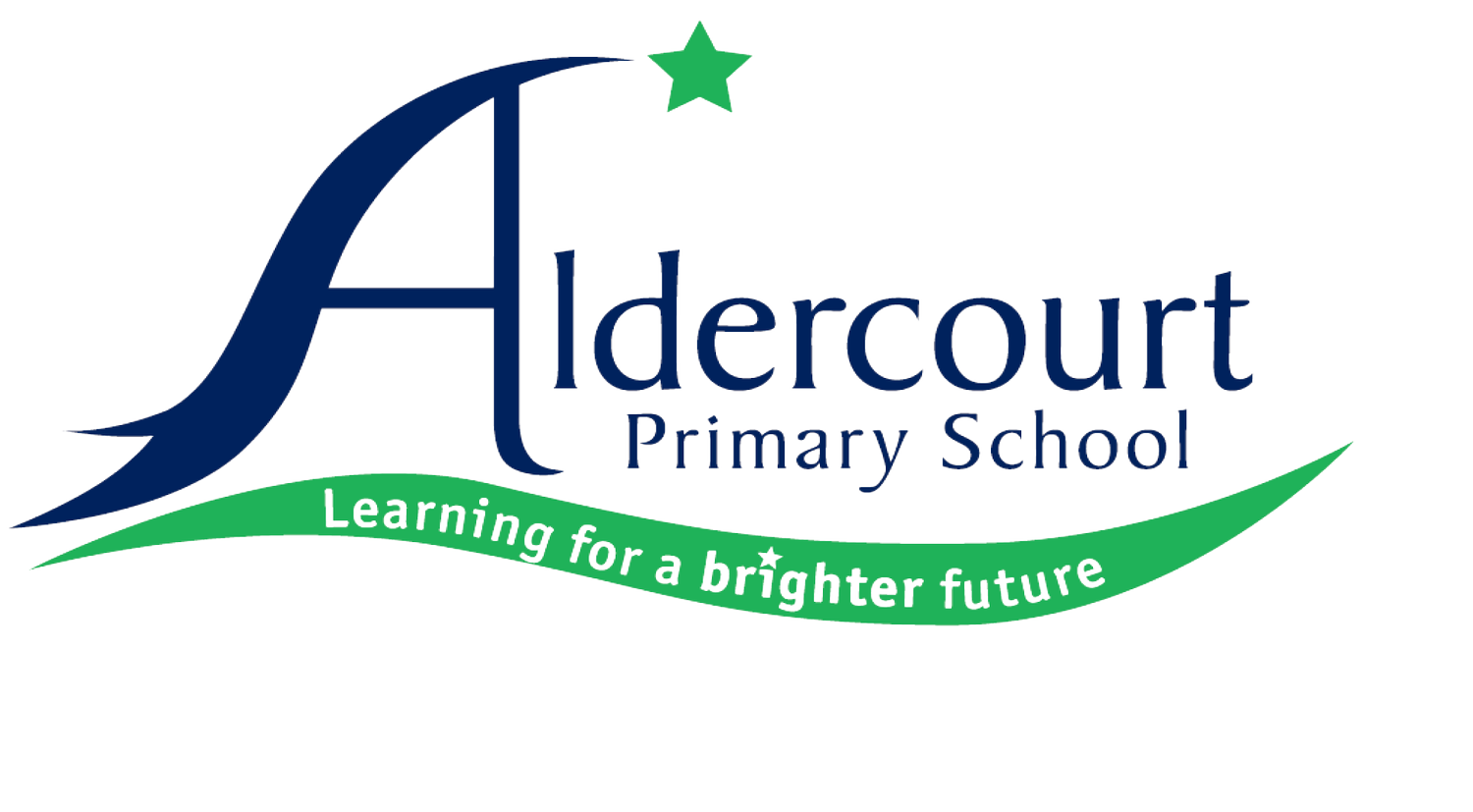Welcome to Aldercourt
Thank you for visiting our website and getting to know us here at Aldercourt Primary School.
I am very proud to be the Principal of Aldercourt Primary School. I work alongside a sensational, dedicated staff and passionate community who ensure each day that every child is supported and extended in their learning journey.
Being a small school ensures our staff knows every child and family and works closely to provide the best possible outcomes for the students of Aldercourt PS.
We have three key values at Aldercourt which are the foundation for how we make decisions, plan and take action, and shape the way we work together within our school and community.
These three key values are Be a Learner, Be Respectful and Be Safe. We provide a safe, inclusive environment where students are supported in their learning journey.
If you would like to view our school in action simply click the button below, or ring our friendly office staff on 9786 4488 to book your personalised tour.
On a tour of Aldercourt you will see the high-quality teaching and learning that takes place by our dedicated staff and engaged students, our wonderful new buildings and grounds. Our facilities also include our dining room where the students are provided a free breakfast and lunch every day.
I look forward to meeting you.
Raelene Harvey,
Principal - Aldercourt Primary School.
Click here to see our socials
Explore What We Offer at APS
Vision & Values
Our core values are:
Be a Learner
Be Respectful
Be Safe
These values guide everything we do. They foster a positive school culture where students feel empowered to grow academically, socially, and emotionally.
Learning at APS
We are committed to providing a high-quality education that engages and challenges every student.
Our curriculum is designed to develop creativity, critical thinking, and collaboration, ensuring students build essential skills for lifelong success.
Enrolling at APS
At APS, we make the enrolment process welcoming and supportive.
Whether you’re enrolling for Foundation (Prep) or joining us in later years, we’re here to help every step of the way.
Contact us to book a school tour and experience the APS community firsthand.
Wellbeing
Wellbeing is central to APS.
We create a safe, supportive environment through trauma-informed practices, Ready to Learn Plans, and dedicated programs.
Our ZEN DEN provides a calm space for students to talk, relax, and recharge.
Contact Us
If you’d like to discuss a tour of Aldercourt or chat with our friendly office team, simply fill out the form and we will get in contact with you.





